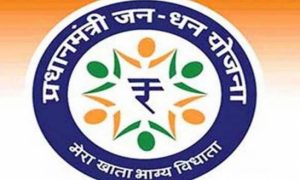The Dearness Allowance (DA) is revised twice a year using the All-India Consumer Price Index (AICPI) as a key indicator of changes in the cost of living.
New Delhi: As the new year approaches, anticipation builds among central government employees who are awaiting the announcement of the next dearness allowance (DA) revision. This much-anticipated DA hike which is scheduled for January 2025, could offer financial relief amid the rising cost of living.
Read More: Can you take a home loan from a co-operative bank? All you need to know about RBI guidelines
How Is DA Determined?
The Dearness Allowance (DA) is revised twice a year using the All-India Consumer Price Index (AICPI) as a key indicator of changes in the cost of living. The government evaluates AICPI data for two periods: January to June and July to December. The DA percentage is calculated based on the average AICPI over the past 12 months using this formula:
DA Percentage = ((Average AICPI for the past 12 months – 115.76) / 115.76) x 100
While slight adjustments may apply for central public sector employees, the overall method remains consistent.
Read More: PNB Fixed Deposit Scheme: Check Returns on Investments of ₹1 Lakh, ₹2 Lakh, and ₹5 Lakh
Anticipated DA Increase in January 2025
According to current AICPI trends, the Dearness Allowance (DA) is likely to increase by 3 per cent in January 2025. The DA could go up to 56 per cent with the index reaching 144.5 in October 2024 and anticipated to rise further. If approved, this hike would bring notable financial benefits for employees and pensioners alike.
For example, an employee earning a minimum salary of Rs 18,000 may see a boost of Rs 540 while those with a maximum salary of Rs 2,50,000 could gain Rs 7,500. Pensioners would also benefit, with increases ranging from Rs 270 to Rs 3,750, depending on their pension amount.
The Future of Salary Reforms
Employee Unions have been actively advocating for the introduction of the 8th Pay commission. However, the government has clarified that there are no immediate plans for it. Minister of State Pankaj Chaudhary recently informed Parliament that no proposals for the 8th Pay Commission are currently under consideration. This has left employees and pensioners uncertain about the timeline and direction of future pay reforms.





































